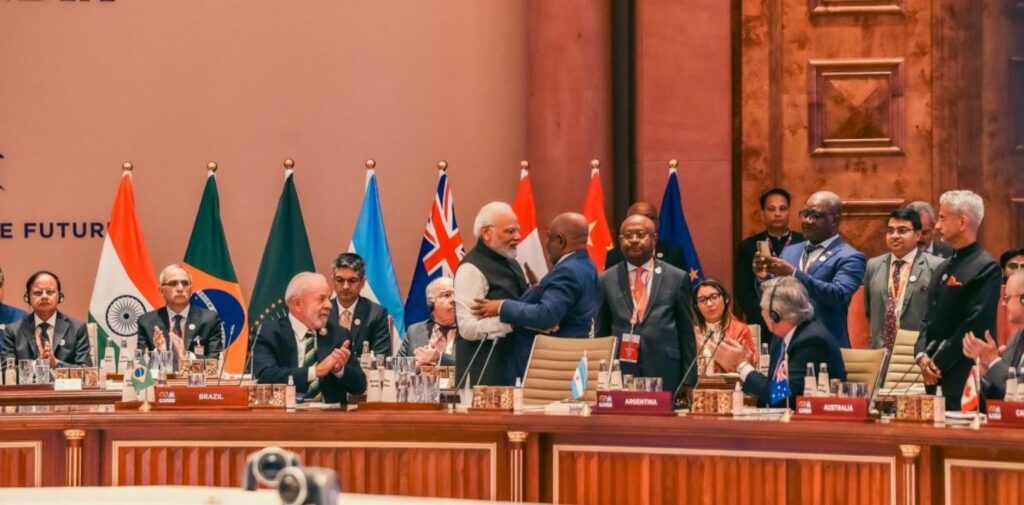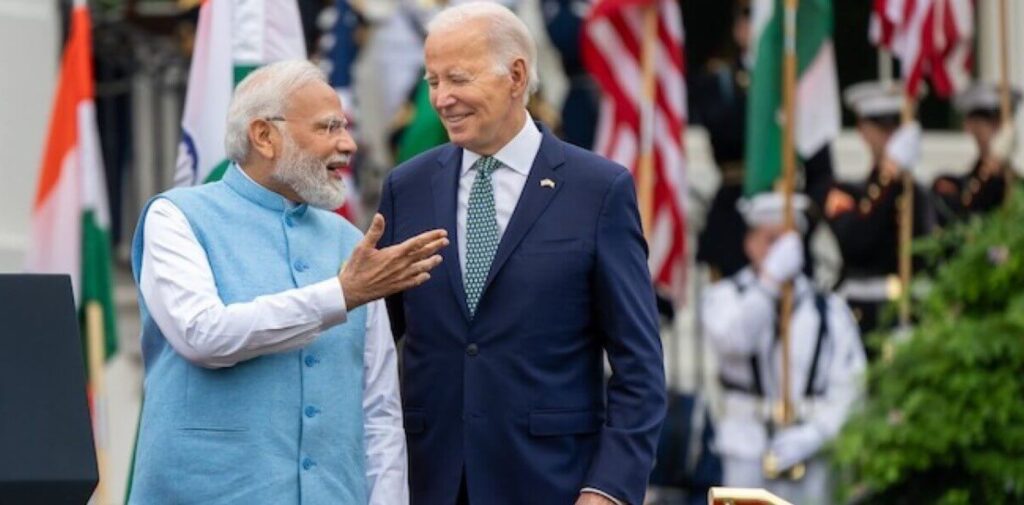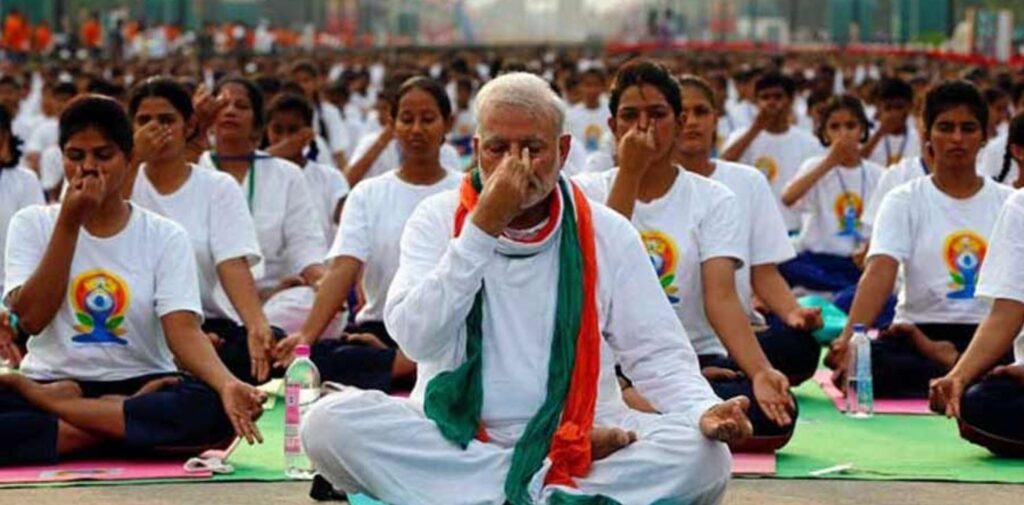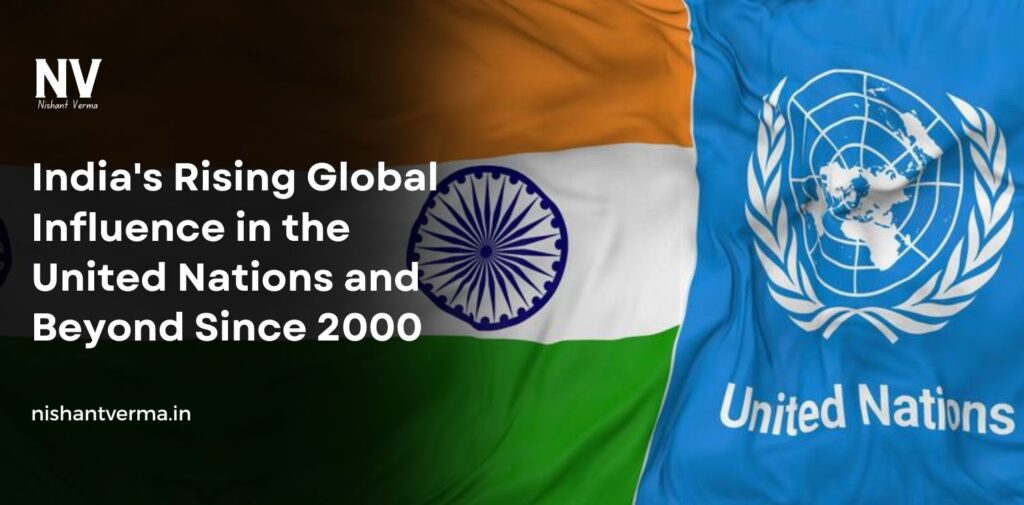India, the world’s most populous democracy, has steadily increased its global influence since the turn of the 21st century. As a country with a rich history, vibrant culture, and emerging economic power, India has played an increasingly important role in international relations, particularly within the United Nations (UN). This article explores how India Rising Global Influence has evolved in the last two decades, especially in terms of its engagement with the United Nations, as well as its growing presence on the world stage beyond the UN.
India’s Growing Economic Power and Global Influence
India’s rise as a global power in the 21st century can largely be attributed to its economic growth. Since the early 2000s, India has experienced a remarkable transformation in its economy. With rapid growth in sectors like information technology, telecommunications, manufacturing, and services, India has emerged as the world’s third-largest economy by purchasing power parity (PPP). This economic boom has led to increased foreign investment, greater international trade, and a rising middle class that is becoming more influential globally.
The growth of India’s economy has brought with it enhanced global influence. The country is now an important player in international trade negotiations, economic forums, and strategic partnerships. It has become a key member of international groups like the G20, BRICS (Brazil, Russia, India, China, and South Africa), and the World Trade Organization (WTO). India’s economic rise has also enabled it to extend its soft power—using cultural diplomacy, technology, and economic partnerships to build global relationships.

India’s Role in the United Nations
The United Nations has been a key platform for India to assert its growing global influence. India has been a member of the UN since its founding in 1945, and its role in the organization has evolved significantly over the years. Since 2000, India has become more active in the UN, particularly in areas like peacekeeping, climate change, disarmament, and development.
India has contributed significantly to UN peacekeeping missions, deploying thousands of troops in conflict zones around the world. This commitment to global peace and stability has earned India a reputation as a responsible and reliable partner in the international community. India’s military and peacekeeping contributions have helped it build stronger relationships with other UN member states and have cemented its position as an important player in international security.
One of the most significant aspects of India’s involvement in the UN since 2000 has been its strong advocacy for the reform of the UN Security Council. India has long called for a more representative and democratic Security Council that includes permanent members from the Global South. India’s push for permanent membership in the Security Council reflects its growing economic and political influence, as well as its desire to play a greater role in shaping global security and governance.
India’s Advocacy for Developing Countries
India has used its position at the UN and other international forums to advocate for the interests of developing countries, particularly those in Africa and Asia. India’s foreign policy has been deeply rooted in the principles of non-alignment, solidarity, and South-South cooperation. India’s rise as a global power has made it a strong voice for developing countries on issues such as poverty reduction, sustainable development, climate change, and global health.
India’s advocacy for the Global South has been particularly evident in its role in climate change negotiations. While developed countries have been slow to take responsibility for their historical emissions, India has consistently argued that developed nations should bear the primary responsibility for addressing climate change. At the Paris Climate Agreement in 2015, India played a key role in shaping the final outcome by advocating for the principle of “common but differentiated responsibilities,” which acknowledges the different levels of responsibility and capability of developed and developing nations in combating climate change.

India’s Strategic Partnerships and Alliances
Beyond the UN, India’s global influence has grown through strategic partnerships and alliances with major world powers. India’s relationship with the United States, for instance, has evolved dramatically since 2000. In the early 2000s, the two countries began to deepen their ties, with a focus on trade, defense cooperation, and counterterrorism. The signing of the U.S.-India Civil Nuclear Agreement in 2008 marked a turning point in bilateral relations, and since then, the two countries have strengthened their ties in various areas, including technology, education, and defense.
India’s relationship with other major powers such as Russia, Japan, and the European Union has also grown stronger. India’s “Act East” policy has enhanced its engagement with countries in East Asia, particularly Japan and Australia. India’s role in the Quad (Quadrilateral Security Dialogue), a strategic grouping that includes the U.S., Japan, India, and Australia, has further increased its influence in the Indo-Pacific region. The Quad aims to promote a free, open, and inclusive Indo-Pacific, and India has emerged as a key player in shaping the region’s security architecture.
In addition, India has strengthened its ties with countries in Africa, Latin America, and the Middle East. Through development assistance, trade agreements, and cultural diplomacy, India has expanded its influence across the Global South. India’s partnerships with countries in Africa have focused on infrastructure development, capacity building, and trade, while its relationship with the Middle East has been driven by energy security and growing trade ties.
India’s Soft Power and Cultural Diplomacy
India’s growing global influence is not just about economic power and military might; it also involves the effective use of soft power. India has long used its rich cultural heritage, traditions, and values to enhance its global image. In recent years, India’s soft power has been an important tool in expanding its global influence.
The Indian diaspora, which is one of the largest in the world, plays a crucial role in enhancing India’s soft power. Indian communities abroad serve as ambassadors of India’s culture, values, and achievements. Bollywood, India’s film industry, has gained a global audience, and Indian music, dance, and cuisine are enjoyed worldwide. Yoga, meditation, and Ayurveda have also become popular worldwide, enhancing India’s image as a peaceful and spiritually rich nation.
India’s engagement with international organizations such as UNESCO, and its promotion of traditional practices like yoga, have helped the country build stronger cultural ties with the world. The United Nations recognized June 21 as International Yoga Day in 2014, an initiative led by India, which garnered support from 175 member states. This recognition of yoga as a global cultural practice is a testament to India’s soft power and its ability to influence global discourse through cultural diplomacy.

Challenges Ahead for India’s Global Influence
While India’s global influence has risen significantly since 2000, it still faces several challenges. The rise of China as a global power has created a complex geopolitical environment, particularly in the Indo-Pacific region. India and China have had territorial disputes, and their competition for regional influence poses challenges for India’s foreign policy.
Another challenge for India is the need for political and economic reforms to sustain its growth and global influence. Issues such as poverty, inequality, and unemployment remain significant obstacles to India’s development. As India continues to rise on the global stage, it must ensure that it addresses these domestic challenges to maintain its status as a global leader.
Furthermore, India’s foreign policy must continue to adapt to the rapidly changing global landscape. The rise of nationalism and protectionism in some parts of the world presents challenges to multilateralism and global cooperation. India will need to navigate these changes carefully while maintaining its commitment to promoting peace, development, and cooperation.
Conclusion: India Rising Global Influence
India’s global influence has grown significantly since 2000, driven by its economic rise, strategic partnerships, and active engagement in international organizations such as the United Nations. India’s role in shaping global governance, promoting sustainable development, and advocating for the interests of developing countries has solidified its position as a key player on the world stage. As India continues to grow economically and politically, it will face both opportunities and challenges in maintaining and expanding its influence. However, with its rich history, strong diplomatic ties, and commitment to global peace and development, India is well-positioned to continue playing a leading role in the international arena for years to come.




